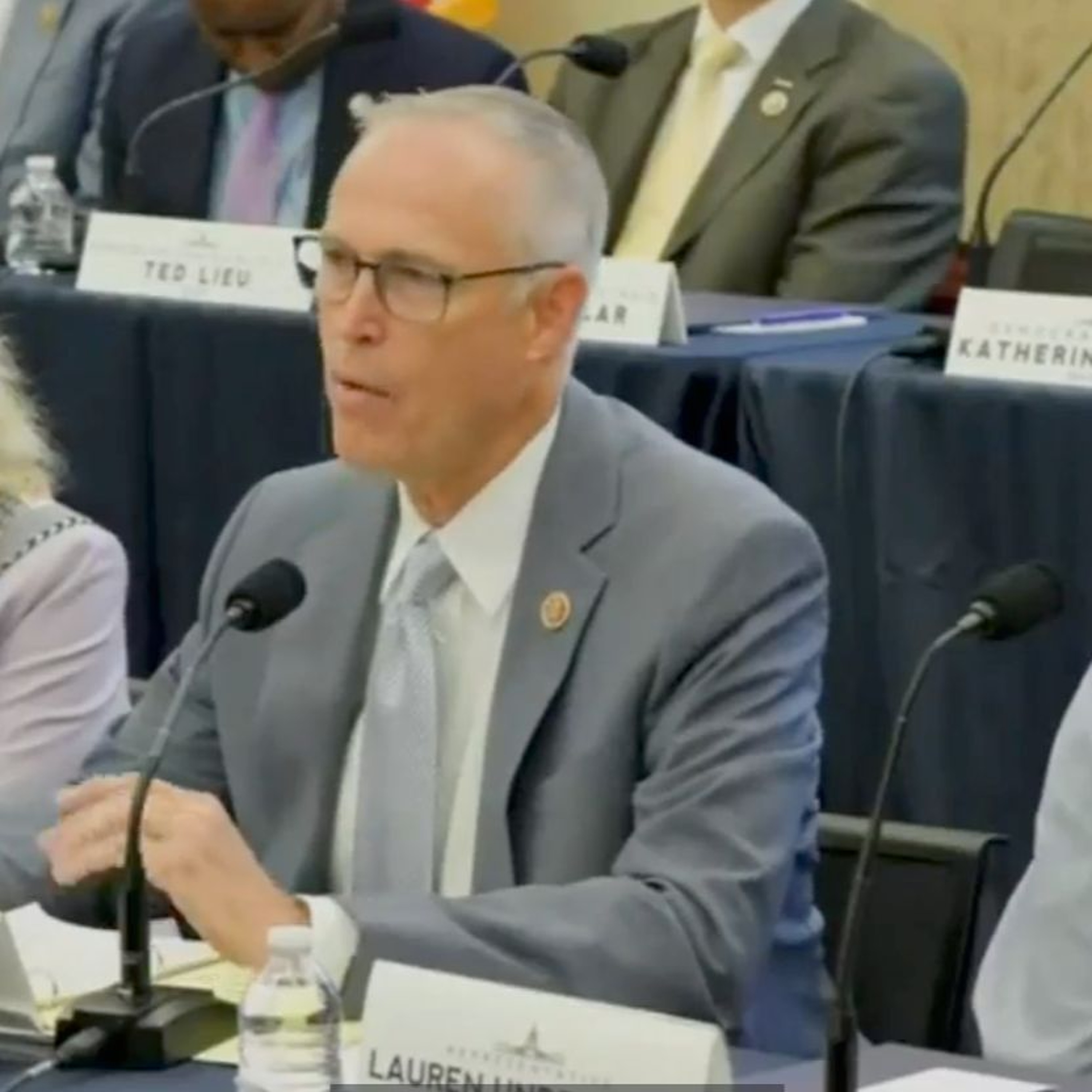Episode Transcript
[00:00:00] Speaker A: The director of the California Department of Fish and Wildlife has reopened the recreational razor clam fishery in Del Norte county following a recommendation from state health agencies that domoic acid no longer poses a significant threat despite the fishery reopening. The bivalve Fish health Advisory for Del Norte county, issued by the California Department of public health on July 3rd of this year, warning consumers not to consume any sport harvested bivalves, including razor clams, mussels, scallops and clams due to dangerous levels of paralytic shellfish poisoning toxins in effect. The razor clam fishery in Humboldt county remains closed due to elevated levels of domoic acid. KMA News spoke with Christy Yuha, a biologist with the California Department of Fish and Wildlife Marine region, about what domoic acid is and how it will affect recreational clamming.
[00:00:48] Speaker B: It's a neurotoxin. It's produced by a fighter algae species called Pseudonychia. There's a variety of species that actually are in this classification, diatom algae, naturally occurring.
Some of these species are going to be releasing toxins at certain times of the year. We don't really have seasonality to when this occurs along California's coast, but we've been seeing some spots earlier this year in Southern California, indicated also by a lot of marine mammal stranding. And then more recently, we've had our domoic acid closures in Humboldt and Del Norte county for razor clams. The razor clams seem to, they just take, they take it up naturally in the system because they're filter feeders and they actually retain the toxin for a longer period of time. And then unfortunately, we've been testing them.
Oh, I think the closure in Del Norte had lasted about a year and a half and they just didn't quite sort of remove the toxin until like a new sort of bloom had happened with this species of algae that kept producing the domoic acid toxin. So it's, it is naturally occurring and we have the health agencies. Department of Public Health specifically has volunteers that go out and collect them periodically to make, usually during low tide events to sample and test the tissues for this toxin.
[00:02:32] Speaker A: The razorclam fishery was closed in Del Norte county due to elevated levels of domoic acid in November of 2023.
Since then, state health agencies have continued to monitor the domoic acid levels in razor clams, but test results consistently showed elevated levels exceeding the federal action level, which is greater than 20 parts per million.
Clams collected in June and July of 2025 from Crescent beach in Del Norte county all had domoic acid concentrations lower than the federal action level, allowing the fishery to reopen. However, PSP toxicity caused by a different marine plankton species continues to be a concern. Juha breaks down the difference between P and domoic acid and how they are handled.
[00:03:14] Speaker B: Del Norte just opened, but I will just caveat that that we did. We were able to sample a bit of some of the razor clams for also paralytic shellfish poisoning. There is a mussel quarantine that happens just kind of a blanket quarantine through California between May and October. May 1, October 31 for the Paralytic shellfish poisoning toxin. It's also produced by another species of phytoplankton and that seems to have more of a seasonality. May through September and then just unfortunately bivalves or mussels collected in the area have shown sort of exceedances of this toxin. So there is a bivalve influencery in place for clams and mussels. But we did test the razor clams. They did not show high enough for this particular toxin. But the domoic acid has cleared. So it's a little bit of a caveat there. We just want to make folks aware of a number that they can call with. The EDPH has a biotoxin information line number at 1-800-553-4133. For the latest news on any bio shelf it just shellfish health advisories that are issued by the Department of Public Health because they do continue to monitor these areas, especially when they're under advisory.
[00:04:40] Speaker A: While Del Norte County's razor clam fishery is open, Humboldt Counties has been closed since May 2, 2024 due to high amounts of domoic acid sort of treated.
[00:04:50] Speaker B: As in a county wide basis based on locations within the county that have the collections occurring.
Humboldt county, it still remains closed. We haven't had two consecutive tests taken at least two weeks apart to indicate that the domoic acid has abated.
It has to be below a certain threshold in the tissue concentration because you can't, you can't cook or freeze. The toxin remains in the tissue despite cooking or freezing. So we have to just kind of wait until tests indicate that it's below this federal action level of like 20 parts per million in order to reopen. So Del Norte county we've had two consecutive tests knowing that we don't no longer have the toxin or at least not as high as before has has abated in Del Norte and we've, we were able to open up the fishery today.
[00:05:52] Speaker A: It is important to keep in mind that there is a health advisory in effect for psp. It's also important to remember that if you are harvesting, the limit is 20 clams per person, according to the current California Ocean Recreational Fishing regulations. For more information on shellfish health advisories, you can call the Department of Public Health Biotoxin Information line at 1-800-553-4133. Reporting for KMUN News, I'm Nat Cardos.


